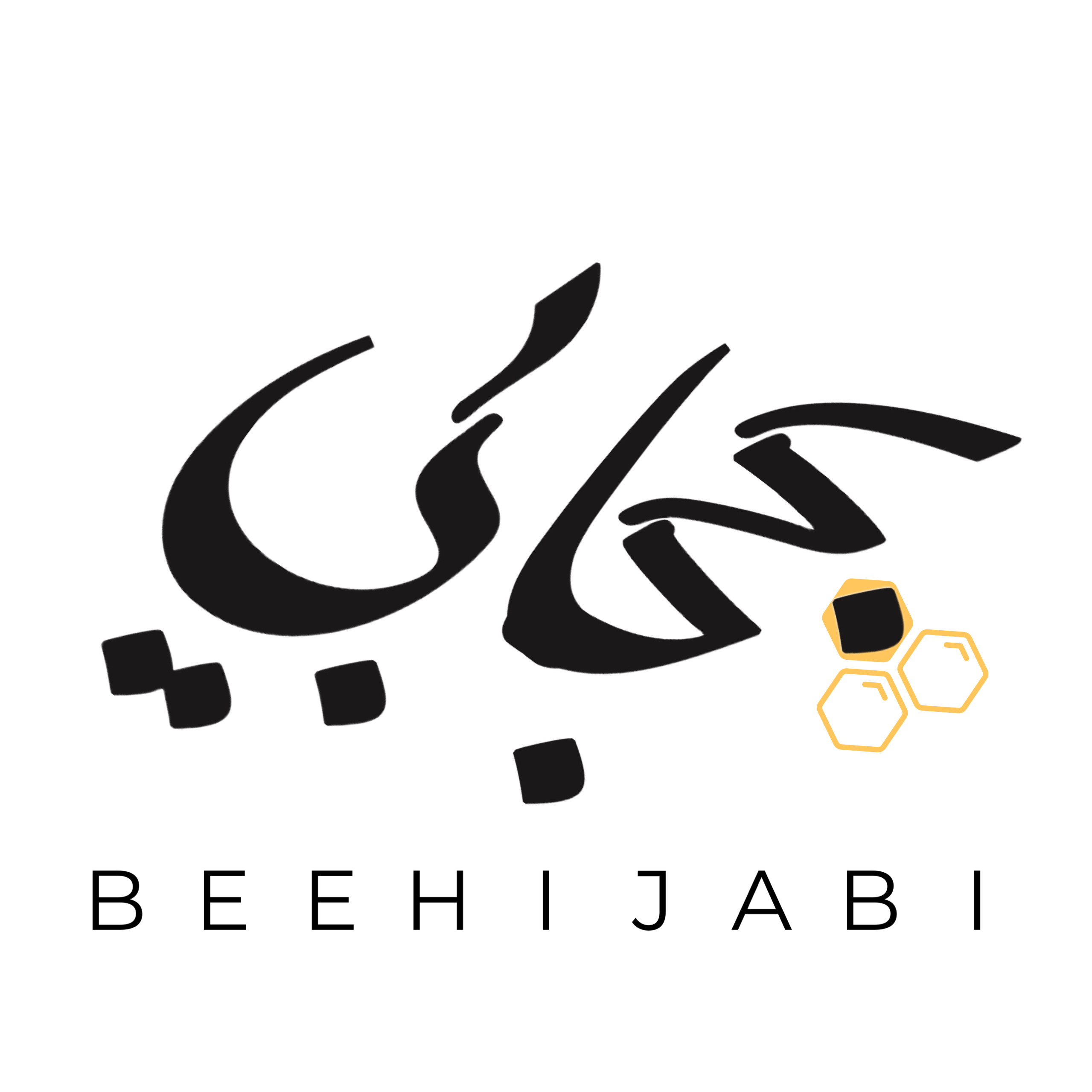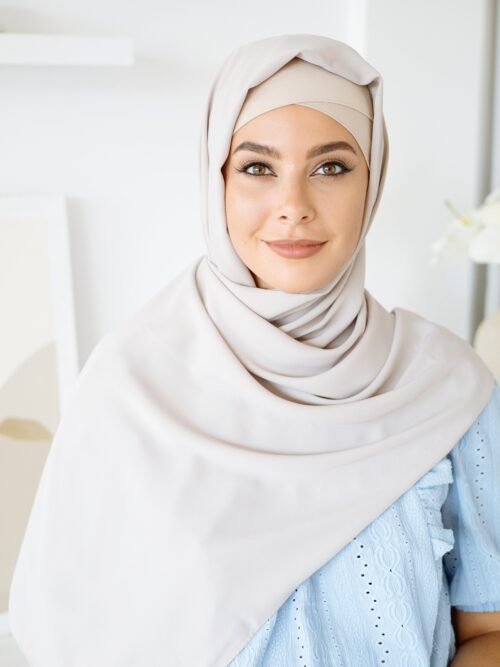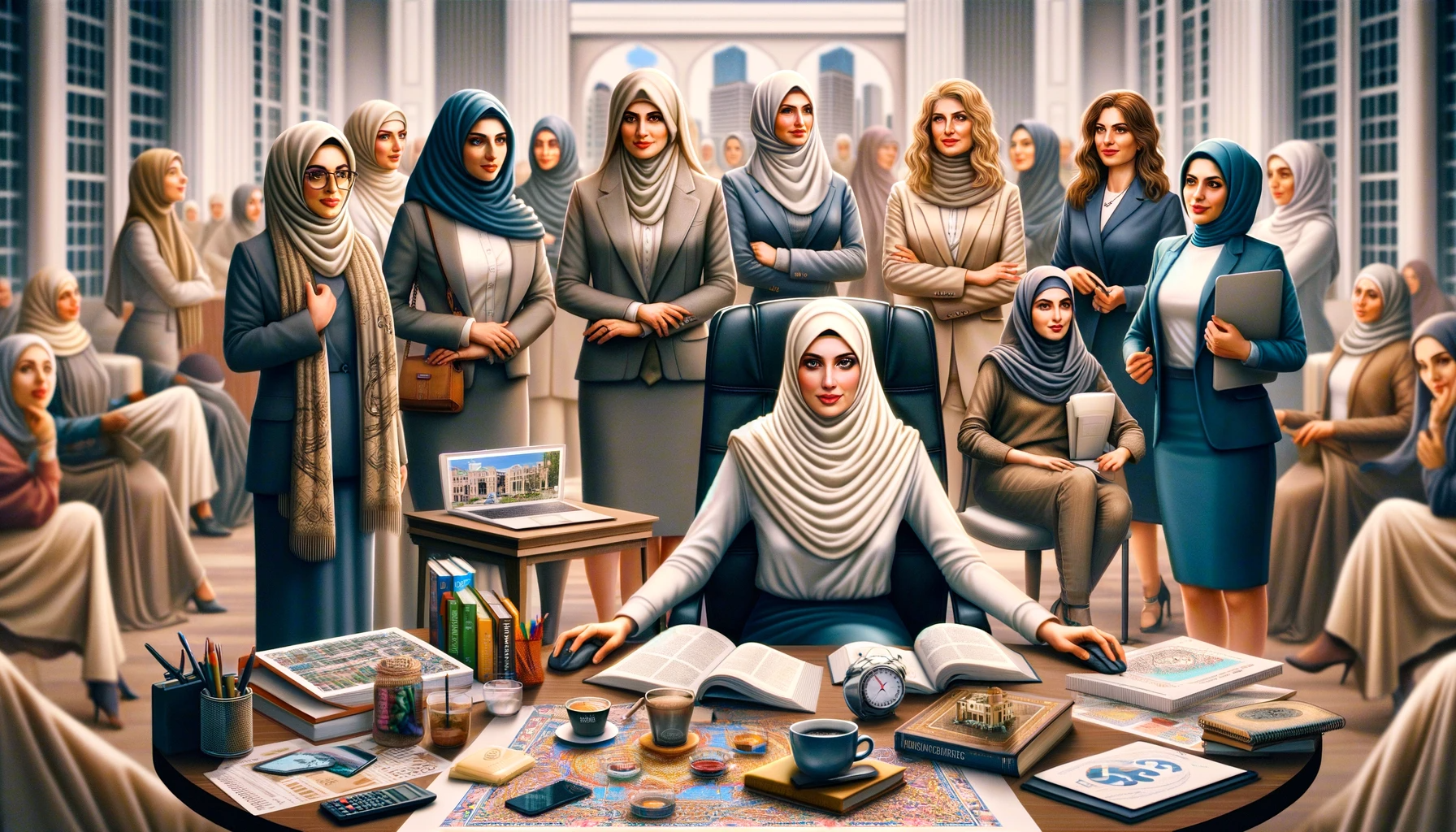You can contact us 24/7 +1 514 962 3011
$17.00
Subtotal: $17.00
Add $83.00 to cart and get free shipping!
Free Shipping on All Orders Over $100
$17.00
Subtotal: $17.00
Add $83.00 to cart and get free shipping!
Free Shipping on All Orders Over $100
Tradition, Empowerment, and Modernity
Introduction The role of women in Islam has been a subject of rich discussion and diverse interpretations. From historical figures to modern-day leaders, women in Islam have played pivotal roles in their communities and families. This article explores the traditional and contemporary roles of Muslim women, shedding light on how they balance religious expectations with modern realities.
Historical Perspective Islamic history is replete with examples of influential women. Khadijah bint Khuwaylid, the first wife of Prophet Muhammad, was a successful businesswoman and the first person to convert to Islam. Aisha bint Abi Bakr, another wife of the Prophet, is known for her contributions to the hadith and Islamic jurisprudence. These examples highlight the respect and importance Islam places on women’s roles both in family and society.
Women’s Rights in Islamic Teachings The Quran and Hadiths (sayings of the Prophet Muhammad) provide guidance on the rights and responsibilities of women. The teachings advocate for the dignity, respect, and equality of women. They emphasize the importance of education, property rights, and participation in social and political life, challenging the stereotypes often associated with Muslim women.
Modern Interpretations and Challenges In contemporary Islamic societies, women’s roles are as diverse as the cultures they live in. While some adhere to traditional roles, others are pushing boundaries in various fields including education, politics, and science. However, interpretations of Islamic teachings on gender roles vary widely, leading to differing views on women’s rights and freedoms.
Women as Agents of Change Many Muslim women are agents of change in their communities, advocating for education, health, and social reforms. Organizations led by Muslim women work tirelessly to improve women’s rights and opportunities in Islamic societies and beyond.
Balancing Tradition and Modernity Muslim women often find themselves balancing traditional expectations with modern lifestyles. Many embrace their religious identity while actively participating in contemporary society, challenging misconceptions and redefining their roles.
Conclusion The role of women in Islam is dynamic and multi-faceted, shaped by religious teachings, cultural contexts, and individual beliefs. As interpreters, educators, leaders, and activists, Muslim women continue to contribute significantly to the growth and evolution of their societies. Understanding the complexities of their roles is essential to appreciating the diverse and rich fabric of Islamic culture.
This article aims to provide a nuanced view of the roles of women in Islam, acknowledging both the traditional foundations and the contemporary evolution of these roles.





